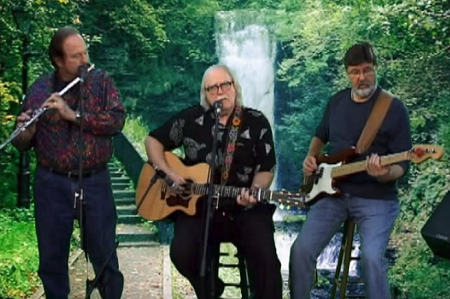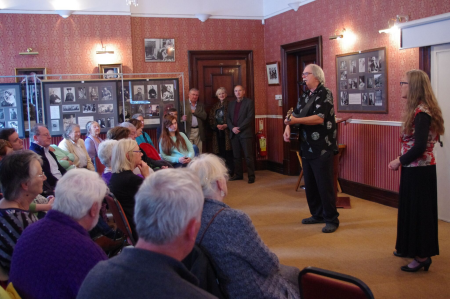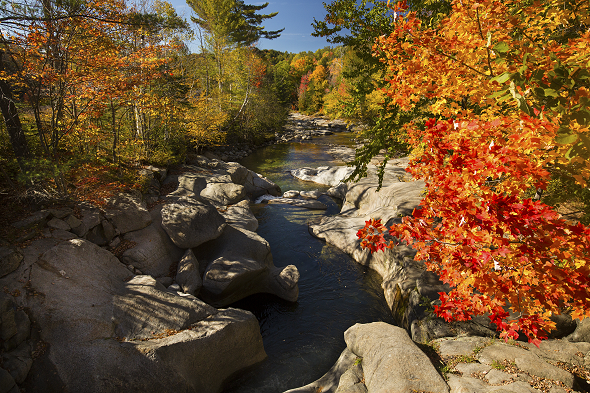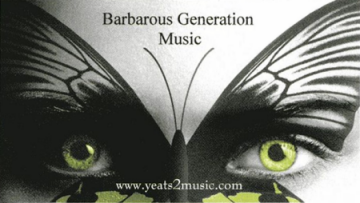
- Home
- Music
- Events
Upcoming Events
We invite you to join the email list for news and performance info. We'll send it to your in-box. For a list of events, both past and present, visit the Events Calendar.
Past Events
From 2000 to the present, the Events Calendar also chronicles the What, Where, and When of Saum's past performances and academic presentations.
Nevada Trails Performance

With special thanks to the Sierra Songwriters, Douglas performs with Dallas Smith, woodwinds, and Phillip McGill, bass, for the Nevada Trails television show. This episode was filmed at the Brewery Arts Center in Carson City, Nevada. Watch this YouTube video.Sligo, Ireland Performance

Douglas Lee Saum and Lee Dazey perform for the Yeats Society at the Yeats Memorial Building on Hyde Bridge, Sligo, Ireland. This impressive building was a gift to the Yeats Society. Learn more about the Yeats Society. - Press/Reviews
- Biography
Douglas Lee Saum (b. 1950 - )
In 1996 Saum began putting the poems of W. B. Yeats to Saum's original music. In spring of 2017 he finished this music project having produced nine CD's covering approximately 275 poems...
Read the Biographies - Gallery
- Blog
- Contact
New Hampshire

Contact
- Address: Douglas Lee Saum
Barbarous Generation Music
854 Quincy RD
Rumney NH 03266 - Email: doug@yeats2music.com
- Address: Douglas Lee Saum

